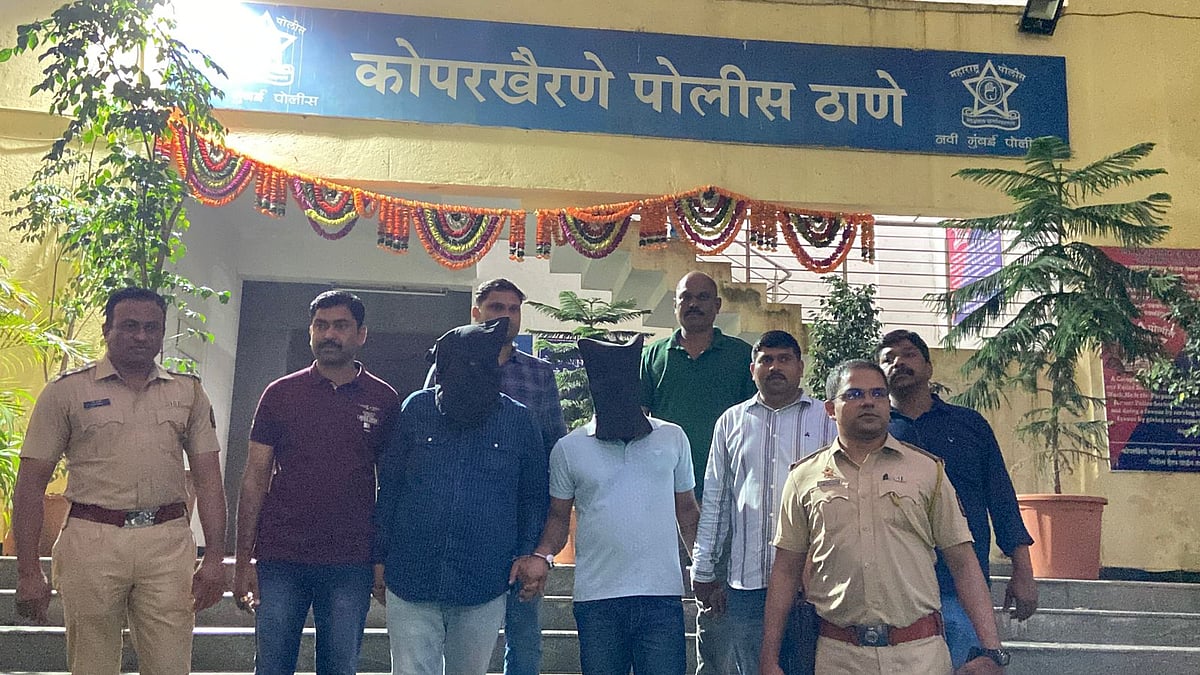The editors of the Oxford University Press have declared ‘brain rot’ to be their word of the year 2024. As far as popularity of the word goes, it has received 37,000 votes. Defined to describe “negative effects of consuming low-quality online content, particularly on social media,” it accurately depicts today’s world as 2024 is about to end. This word also marks out what Mary Shelley has said in Frankenstein.
The word may also be used to portray ChatGPT and AI which many organisations are promoting to spoil human intelligence (HI). Many English sentences generated by AI lack proper grammar, for they barely follow British English. Such sentences are fanciful – though. An example will make it clear. Most of the sentences generated by AI consist of unnecessary adjectives and adverbs.
But good writers hardly bejewel their sentences with these two parts of speech. One finds words like magnificent, out of the world, unflinching bravery, and the man of magic. Those who have generated AI are acquainted with the fact that the adjectives are more seductive than verbs and nouns. The younger generation has a special attraction towards adjectives.
They believe to dramatise an event; it is necessary to use adjectives, forgetting that Genesis does not begin the “Amazingly dramatic story of how God made the world in the remarkably short time of six days.” Let’s see how an AI-generated story is different from the one filed by a reporter.

AI-generated intro: “A horrific incident of rape occurred in MP Nagar, Bhopal, involving a 9-year-old girl. The perpetrator was arrested by the authorities, and the victim is currently receiving medical attention at a local hospital.”
The ‘horrific’ is highly seductive, but any such incident is horrific. Why should one forget that? The ‘perpetrator was arrested by authorities’ is another expression that causes boredom to the reader. Who are the ‘authorities?’ In this case, they are the police. ‘The victim is currently receiving medical attention’ which is a jugglery of words. From the past tense, AI suddenly went to the present continuous.
How a sub-editor rewrote it: “A nine-year-old girl was raped in MP Nagar, Bhopal, on Wednesday. The incident occurred when she was playing with friends outside her house.” Many editors say online readers love to read sentences which sensationalise an incident. If the word ‘horrific’ is not used, the incident itself sends chills down one’s spine. Thus, such adjectives are unnecessary and cause boredom to the reader. One can use the word ‘brain rot’ to describe such adjectives and sentences. Another expression, popular among the ChatGPT generation, is “daring daylight robbery.”
The sentence written by AI indicates how it is conning everyone. “A brazen daylight robbery occurred in MP Nagar, Bhopal, leaving residents stunned. Unidentified assailants targeted, making off with …” If people fall into its trap, they will lose their writing skill as well as forget the English language they have learnt since childhood.
The word ‘occurred’ has been wrongly used. In English Usage, published by Orient Longman, Sydney Greenbaum and Janet Whitcut write: Like happen, occur refers particularly to unplanned events. For what is planned, prefer take place: When did the accident happen/occur? When will the wedding take place?
Nevertheless, AI-generated sentence uses ‘occurred’ indicating that the robbers did not plan for committing the crime, and that it just happened on its own. Then there are three words – brazen daylight robbery. AI has failed to understand that both ‘brazen and daylight’ have robbed sheen of the word ‘robbery’ which must have taken place anytime in the day. Had the robbery been committed under an electricity pole at night, it would not have written “a brazen nightlight robbery or a brazen moonlight robbery.”
The editors of Cambridge Dictionary have chosen “manifest” as the word of the year. In popular parlance, it means practice of visualising one’s desires to make them a reality. The popularity of the word has increased because of its use in common parlance, where it refers to the practice of visualising one's desires to make them a reality. Collins Dictionary’s word of the year is “brat” which means an enfant terrible. The contraction “Delusional” has become “delulu” on social media this year. It means people with unrealistic beliefs. It is often used in a humorous way.










